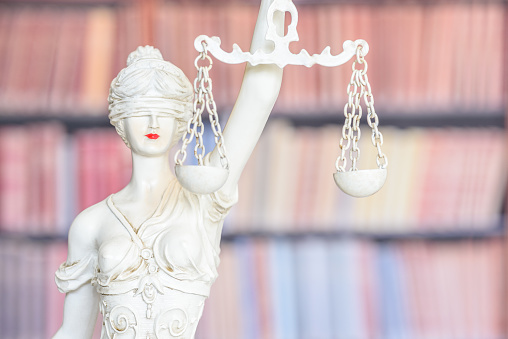Classical Economies Vs Modern Economies
Classical economies were based on the belief that government intervention would actually make things worse. The best way to create growth was free trade and markets. Adam Smith emphasized the importance of free trade and introduced the “invisible hand” concept. These theories still influence today’s political and economic world. But which is better?
Mill’s Principles of Political Economy
In Mill’s Principles of Political Economy, ed. William James Ashley, John Stuart Mill lays out his ideas on value, distribution, and competition. He also addresses customs and slavery, as well as the difference between workers and capitalists. He further describes the relationship between demand and supply. Value is a relative term, and the idea that all people have different rights is central to Mill’s political economy.
Mill’s Principles of Political Economy has been the subject of much economic writing since his time. The German Historical School has reached its pinnacle in Gustav Schmoller’s treatise, and Jevons, Menger, and Menger are also prominent economists. The Socialist doctrine has continued to fluctuate over the years, but Mill’s Principles of Political Economy represents an interesting intellectual phase in the nineteenth century.
Book V explores how government affects society. Mill argues that government has two functions: those that are necessary for the people and those that are optional. He also considers the question of whether or not government interference in individual freedom is justified. In general, Mill believes that government should limit itself to essential functions, punishing harmful behavior, and allowing the people to make their own decisions.
Mill’s Principles of Political Economy is considered one of the most important works in economics. Originally published in 1848, it has undergone many revisions. In the process, it established John Stuart Mill as a major public intellectual. He argued that wealth is a natural end result of labor, and that the distribution of wealth is determined by decisions made by actual people.
Social institutions are responsible for social outcomes, but they can be changed. Social institutions should be structured to promote cooperatives. A worker-owned cooperative can drive economic production. A profit sharing system ties workers’ pay to the success of the business. Moreover, a worker-owned co-operative can be a good example of socialism.
The main goal of political economy is to make society a better place for everyone. Individuals have rights, but they should also be protected by the state. These rights depend on the utility of the individual and the society. Therefore, it is not always fair to allow certain things. However, certain rights, such as property and freedom of speech, can be justified if they are good for society.



